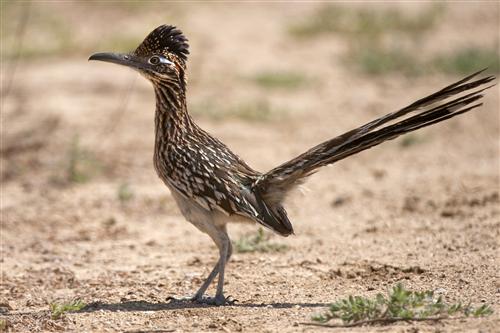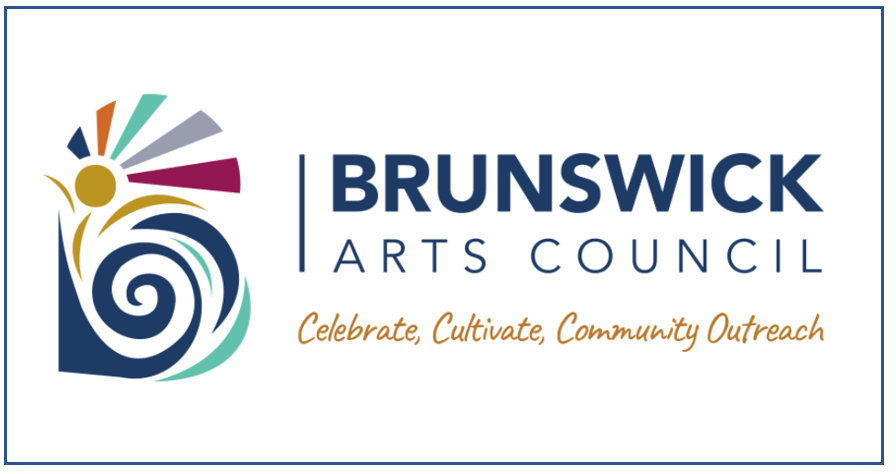Paisano the Protector

January 31, 2023

For centuries, the indigenous people, and especially the Mascogo (also called Seminole Negroes) tribe, who lived on the arid plains of North America’s southwest, revered a bird they considered to have mystical qualities. It was called a Roadrunner by the Anglo settlers but was referred to as a “paisano” by the native people meaning a “protector; a traveling companion, a friend.” People who made long journeys on foot often said that the bird would accompany them, staying in sight for days, acting as their scout, leading them to safe trails and warning them of danger. The paisano fears nothing and if threatened, will attack, never backing down until it has driven the threat away. Neither rattlesnakes nor scorpions are immune from the paisano’s wrath.
Members of the Mascogo tribe believed that the paisano was the reincarnation of a warrior spirit who protected travelers. According to legend, a young warrior was asked by his tribe’s chief to accompany and protect the chief’s family on a visit to another clan who lived a great distance away. The young man was renowned for his speed, agility, and valor. During the trip, the group was attacked by a rival tribe and the chief’s family was taken prisoner. Although he fought bravely; the young warrior was mortally wounded. As he lay alone and dying in the desert, he was filled with shame because he had failed to defend the family he’d sworn to protect. He asked his ancestors to allow him to return to the Earth to atone for his failure. His wish was granted, and he assumed the form of a unique bird that exhibited the virtues of speed, agility and valor.
My grandmother, who had grown up near the Mascogo settlement of Nacimiento in the State of Coahuila, Mexico, told me about an event that occurred when she was a little girl. She and her parents were attending the funeral of a famous Mascogo writer who had written a prize winning book about the lives of four heroic Mascogo tribal members who served as U.S. Army Scouts during the Indian Wars; Seminole Negro/Mascogo Indian Scouts Adam Paine, Isaac Payne, John Ward and Pompey Factor who were awarded the Medal of Honor. For years after the events, the award of the Medal of Honor to these four men of color was a closely guarded secret, but not in their village of Nacimiento. My grandmother described the scene at the author’s funeral as the thunderheads built, thrusting their billowing domes higher as the sky turned dark and the winds began to build.
“The man, a shaman and member of the Mascogo tribe, rose slowly from his squatting position and walked to the spot where the author’s body had been buried. He reached into his leather bag and selected four colored stones, placing one stone on the ground at each of the cardinal points of the compass. Then he took out a long, brown and black speckled feather from the same bag and slowly traced a line, encircling the colored stones and freshly turned earth. It was a tail feather from a paisano. The old man held the paisano’s feather in both hands and raised it above his head. Then he closed his eyes and murmured an ancient prayer, calling upon the assistance of the warrior spirit to protect the soul of the dead woman during her journey into the afterlife. As he opened his eyes and looked toward the sky, he saw their forms moving among the clouds. The paisano was guiding her from the darkness to the light.









